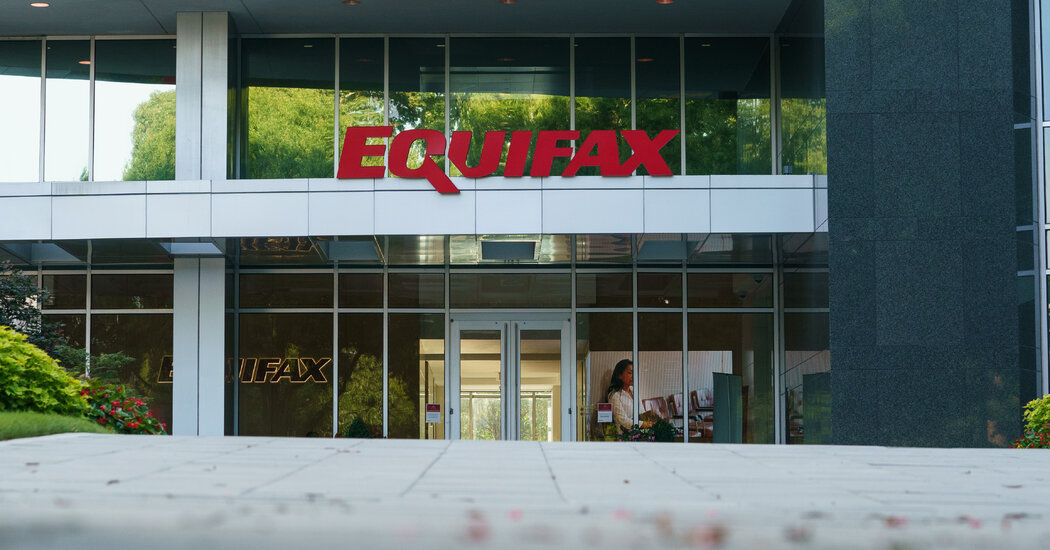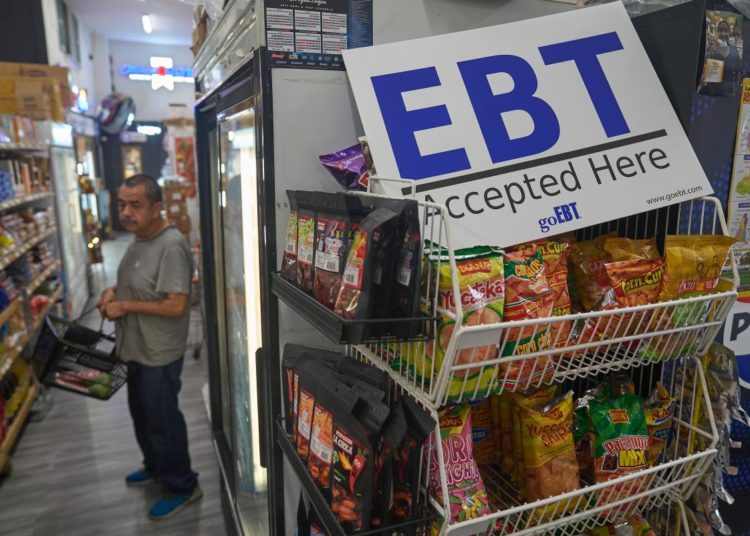When Equifax’s chief executive spoke to investors this summer, he described a “just massive” new business opportunity: helping states enforce the Medicaid work requirement that is expected to leave millions of poor people without health insurance.
Equifax has, for years, dominated the business of verifying Americans’ incomes, a crucial piece of data for banks writing mortgages or landlords renting apartments. The giant domestic policy bill that congressional Republicans passed this summer is about to make the company’s services even more lucrative.
Beginning in 2027, states must verify that tens of millions of low-income adults work, volunteer or take classes at least 80 hours a month before giving them Medicaid or food assistance. The work requirements and other new restrictions on public benefits are designed to save the federal government nearly $400 billion by significantly reducing the number of poor people eligible for the programs.
For Equifax and a handful of businesses, the change also represents the chance to become a lot richer.
Equifax already has a robust business providing income data to states, which some critics say borders on a monopoly. The company has made a practice of steeply and frequently increasing prices without improving its product, according to interviews with government officials, legal records and contracts reviewed by The New York Times.
“They own a product that has become a core piece of the safety net,” said Luke Farrell, who worked in the U.S. Digital Service, a federal agency, during the Biden administration supporting state Medicaid programs. “I’ve never seen another vendor do such price hikes across public benefits.”
The post ‘A Big Positive’: How One Company Plans to Profit From Medicaid Cuts appeared first on New York Times.




